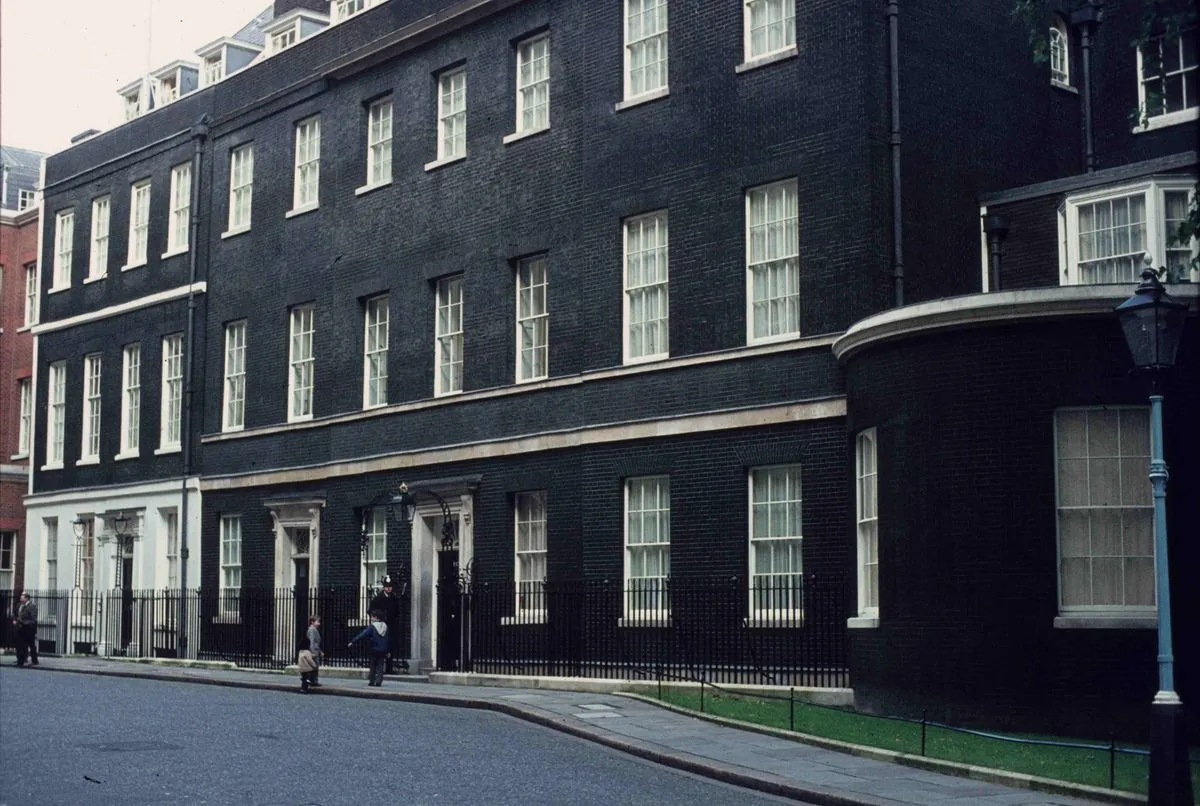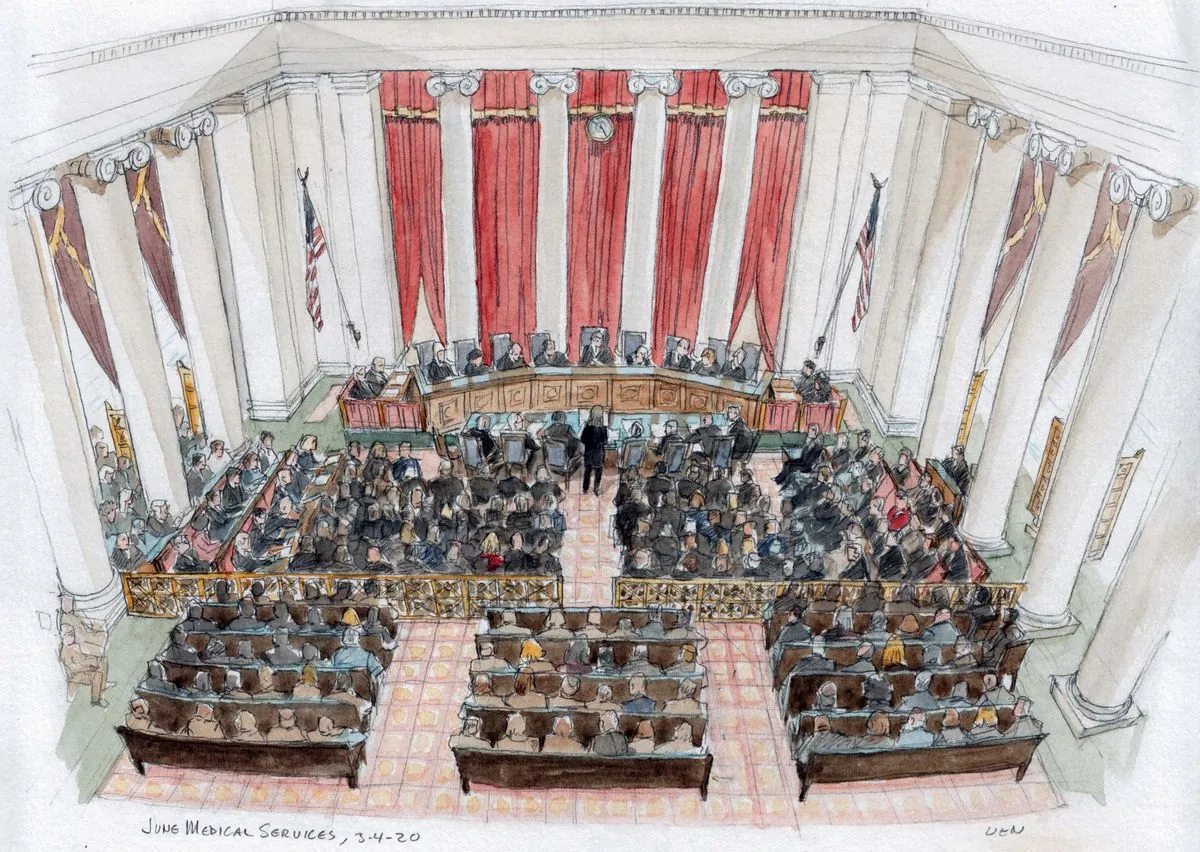Sue Gray Resigns as UK PM's Chief of Staff Amid Controversy
Sue Gray, chief of staff to British Prime Minister Keir Starmer, has resigned citing concerns over media scrutiny. She will take on a new role as Starmer's envoy for regions and nations.

In a significant development within the British government, Sue Gray has stepped down from her position as chief of staff to Prime Minister Keir Starmer. The resignation, announced on October 6, 2024, comes amidst growing media attention surrounding her role and salary.
Gray, who joined the civil service in the late 1970s and was known as the "ultimate fixer" in Whitehall, cited concerns that the intense scrutiny could potentially distract from the government's agenda. In a statement, she emphasized her commitment to public service, a principle that has guided her throughout her career.
"Throughout my career, my first interest has always been public service. However, in recent weeks it has become clear to me that intense commentary around my position risked becoming a distraction to the government's vital work of change."
Reports had emerged of tensions between Gray and Morgan McSweeney, Starmer's chief adviser. Additionally, media outlets highlighted that Gray's annual salary of £170,000 ($223,000) exceeded that of the Prime Minister by approximately £3,000. This revelation sparked debate, given that the Prime Minister's salary is determined by the Independent Parliamentary Standards Authority.
Following her resignation, Gray has accepted a new role as Starmer's envoy for regions and nations. This position involves promoting government policies across the United Kingdom, a crucial task for maintaining national unity and implementing the Labour Party's agenda.
McSweeney, who previously served as Labour's campaign director, will replace Gray as chief of staff at 10 Downing Street. This historic building has been the official residence of British prime ministers since 1735 and continues to be the center of UK government operations.

Gray's departure marks a significant shift in Starmer's administration, which came to power following a landslide election victory in July 2024. This win ended a 14-year period without a Labour Prime Minister, with Gordon Brown being the last to hold the office until 2010.
The resignation also brings to mind Gray's prominent role in the "Partygate" investigations of 2022. These inquiries examined allegations of gatherings at 10 Downing Street during the COVID-19 lockdowns, which began on March 23, 2020. Gray's findings were instrumental in the eventual resignation of former Prime Minister Boris Johnson in 2023.
As part of the ongoing changes in Downing Street, the government has announced the establishment of a new Strategic Communications Team. This unit will be responsible for coordinating government messaging and media relations, a crucial aspect of modern political operations.
Keir Starmer, born on September 2, 1962, in London, has faced his own share of scrutiny recently. Critics have raised questions about Gray's paycheck and reports of Starmer and his wife accepting gifts, including clothing and eyewear. The Prime Minister has denied any impropriety in these matters.
These developments occur against the backdrop of Starmer's political journey, which saw him elected as the Member of Parliament for Holborn and St Pancras in 2015 and later becoming Leader of the Labour Party and Leader of the Opposition in April 2020. His previous experience as Director of Public Prosecutions and Head of the Crown Prosecution Service from 2008 to 2013 has shaped his approach to governance.
As the Labour Party, founded in 1900, navigates these changes, the focus remains on implementing its policy agenda and maintaining public trust. The coming months will likely see further adjustments as Starmer's government settles into its role and addresses the challenges facing the United Kingdom.


































